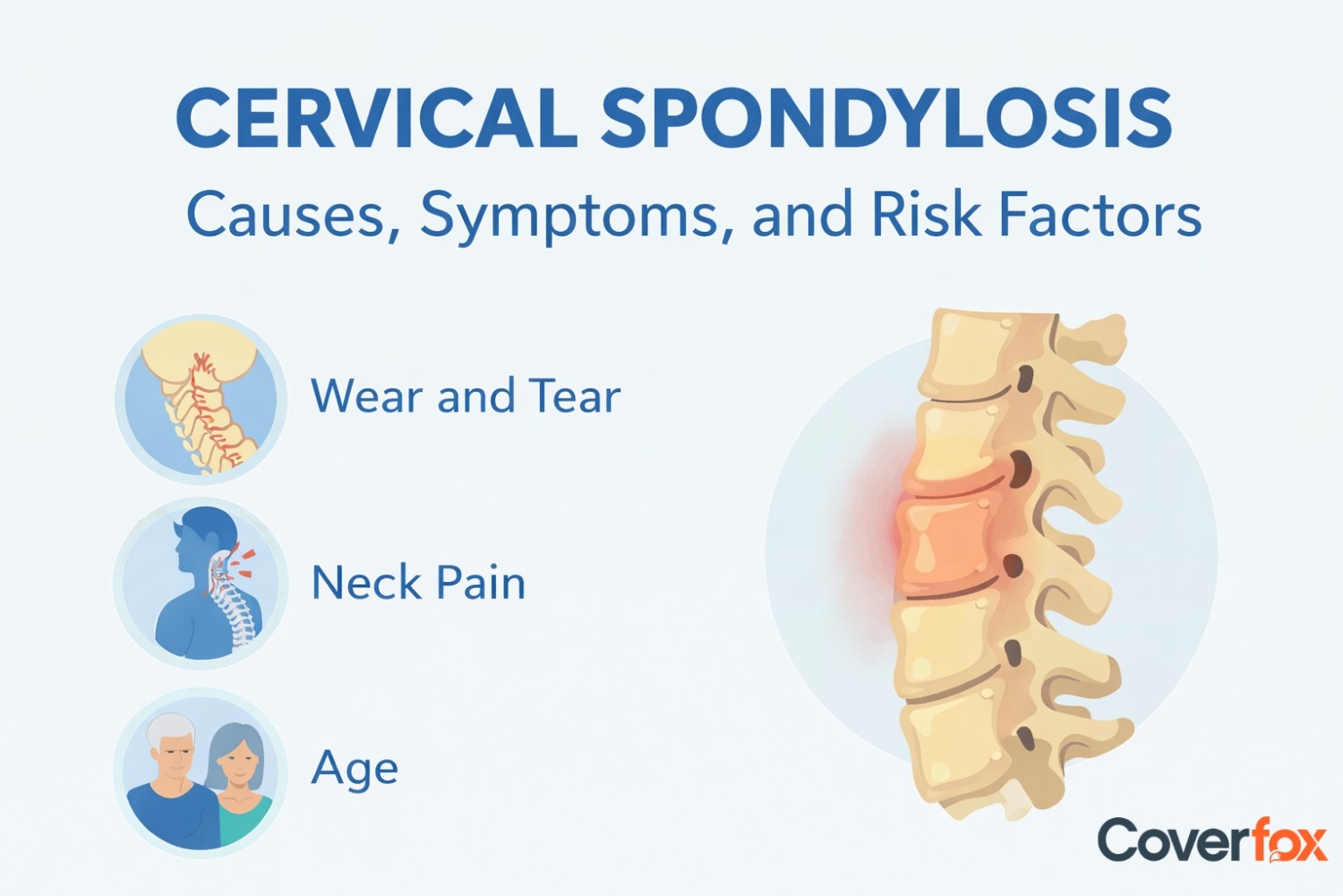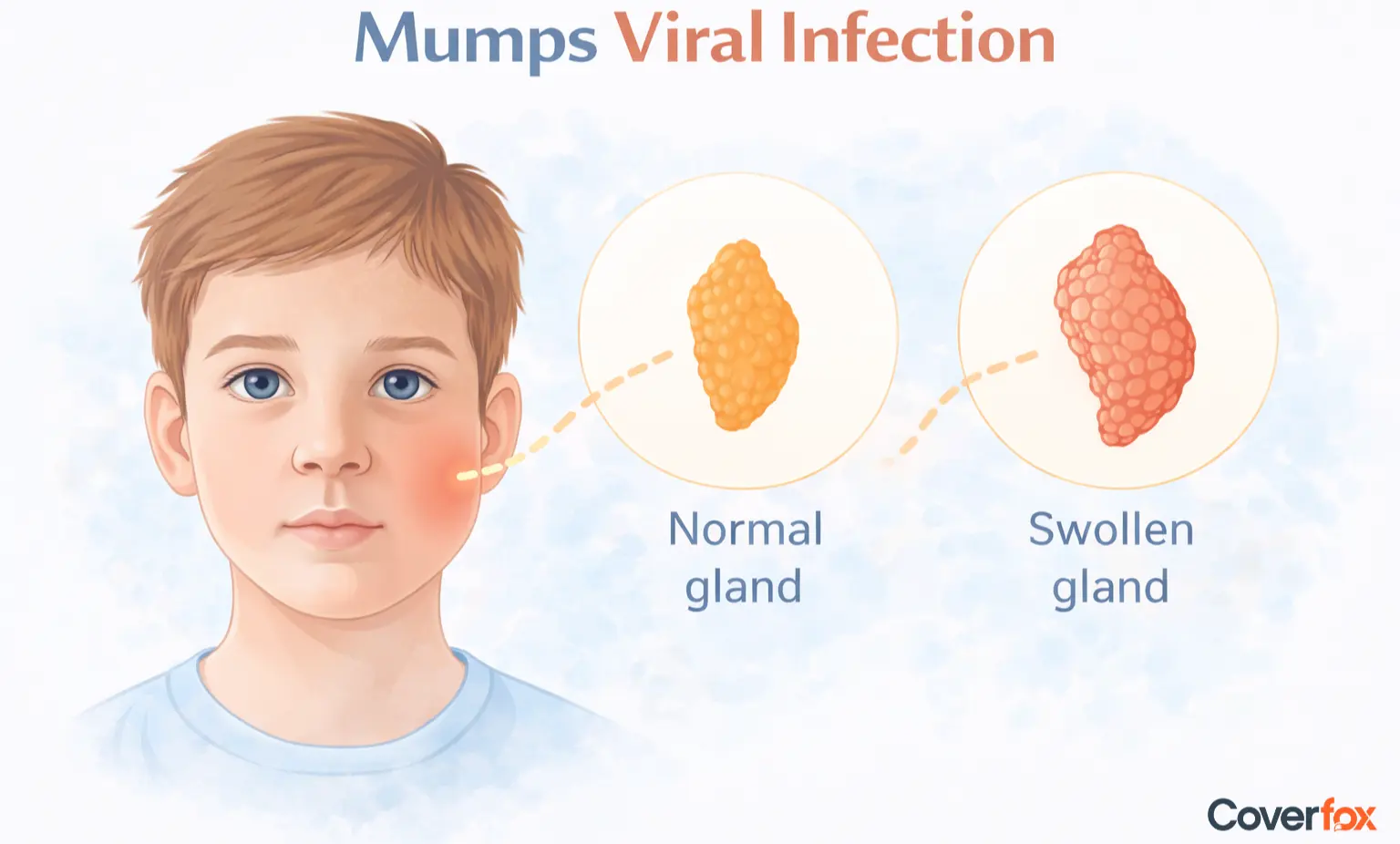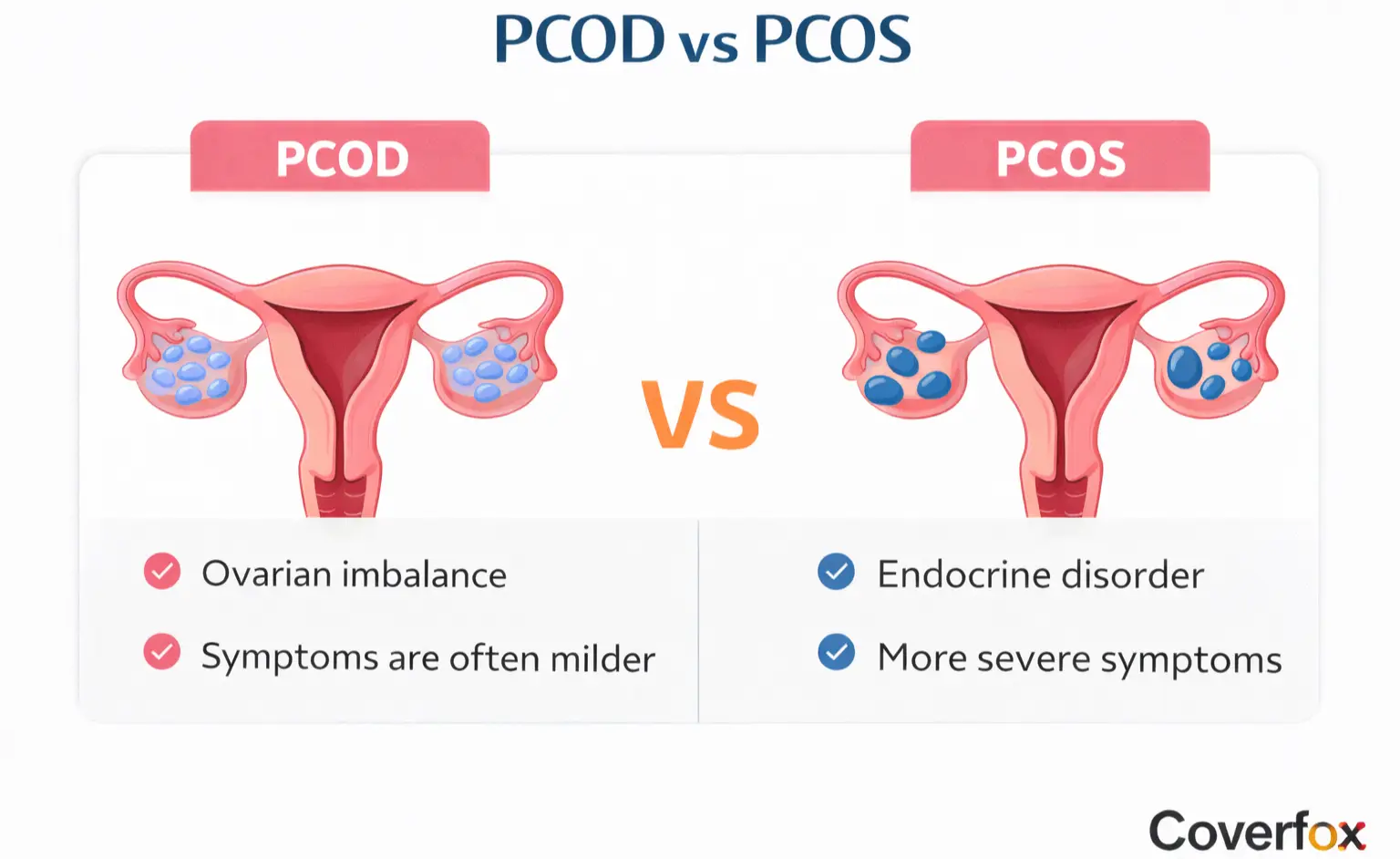Ever wondered why your body always feels so hot? Well, it is because of high body heat which is also known as internal body heat.

The one who controls your body temperature is known as the thermoregulator. Thermoregulation helps the body to maintain optimum temperature. However, the process of thermoregulation can be hindered by various diseases, causing hyperthermia or hypothermia. Let’s explore what causes excessive heat in the body and the key symptoms that you need to look out for.
Why Maintaining Optimal Body Temperature Matters?
The human body will function well if the body is at the ideal temperature. Maintaining a balanced internal temperature is essential for proper enzyme function, immune response, and overall metabolic health. Thermoregulation maintains the balance of internal temperatures, but if it is hindered it can lead to heat related illnesses. Improper body temperatures can lead to fatigue, impact cellular functions and in worst cases heat-related illnesses.
What is the Normal Body Temperature Range?
The average normal body temperature is around 98.6°F (37°C), though it naturally fluctuates between 97°F (36.1°C) and 99°F (37.2°C) depending on time of day, physical activity, and hormonal cycles. Body heat is considered “high” when your temperature consistently exceeds this range without an obvious fever-related cause.
Common Causes of High Body Heat
Excess body heat can be caused by various factors. It can be due to underlying medical conditions, medicines, lifestyle, or external environmental factors. Let's understand each one in detail.
1. Medical Conditions
Certain medical conditions interfere with your body’s natural ability to regulate temperature:
Hyperthyroidism
When the thyroid gland starts producing excess of thyroid hormones it leads to Hyperthyroidism. This condition speeds up the body’s metabolism. As a result, the body starts warming up. You may feel unusually hot, sweat excessively and may face weight loss and anxiety due to a higher rate of metabolism.
Diabetes
Poor management of diabetes can lead to poor circulation and nerve damage that can affect how heat is distributed and managed. High blood sugar can cause dehydration, further worsening the internal heat.
Anhidrosis
Anhidrosis is a rare condition where the body can’t sweat properly. This results in the body losing its ability to cool itself due to heat exposure or exertion. It may be congenital or caused by skin damage or neurological disorders, and can lead to dangerous overheating.
Hormonal Imbalances
Changes in hormone levels during menopause, pregnancy, or conditions like PCOS can trigger sudden hotness or excessive sweating. These fluctuations disrupt the hypothalamus, which controls body temperature.
2. Infections and Inflammatory Conditions
Internal inflammation or fever can be caused due to:
Viral and Bacterial Infections
When harmful pathogens enter into the body, the body raises its internal temperature to create an environment less favourable for the pathogens (fever). This natural defence system temporarily increases body heat as part of the immune response.
Autoimmune Disorders
In conditions like lupus or rheumatoid arthritis, the immune system mistakenly attacks the body’s own tissues, leading to chronic inflammation. This persistent internal inflammation can elevate body heat even in the absence of infection, often causing fatigue, joint pain, and low-grade fevers.
3. Medications and Drug Reactions
Some drugs and medicines interfere with thermoregulation: Stimulants, antidepressants, antibiotics, antihistamines may raise heat production or reduce sweating and also drug interactions can result in overheating as a side effect.
4. Lifestyle Factors
Certain daily habits also increase body heat, although they are temporary. These habits or factors include:
Exercise and Physical Exertion
Physical activities require functions from different body parts. Your body generally feels a lot hotter after a physically exhausting work. In order to cool off, the body gives out sweat. That is why you get sweaty after a physical activity.
Dehydration
Dehydration causes the body to lose its ability to cool off through sweat. If heat is not released, it is trapped inside the body, causing the body temperature to increase.
Synthetic or Tight Clothing
Tight clothing traps heat inside the body and restricts proper ventilation. This results in an increase in body temperature.
Spicy Foods or Alcohol
Spicy foods and alcohol consumption hinders thermoregulation. This elevates the body temperature.
5. Environmental and External Factors
External conditions can also trigger excessive heat buildup:
High Ambient Temperature
Summer heat waves are the major culprit of high body temperatures. Hot/Dry weather also increases body temperature. Many countries like Saudi Arabia have started using sprinklers on pavements and roads to keep body temperatures cool.
Poor Ventilation or Sleep Conditions
It is recommended that you sleep in a cool temperature room. Poor ventilation can cause heat being trapped inside the room leading to excess body heat.
Symptoms of High Body Heat
The symptoms of excessive body heat can vary from general symptoms like excess sweating, hot flashes, dizziness, and fatigue to more severe symptoms like heat stroke, rashes, nausea, etc. Here is a list of symptoms caused by high body heat:
1. General Symptoms
- Excessive Sweating
- Hot Flashes
- Increased Thirst
- Dizziness or Light-headedness
- Fatigue or Tiredness
2. Skin-Related Symptoms
- Flushed or Red Skin
- Heat Rashes or Bumps
- Dryness
- Burning or Tingling Sensation
3. Severe or Emergency Symptoms
- Heat Exhaustion
- Heat Stroke
- Mental Confusion
- Rapid Heartbeat
- Nausea or Vomiting
Is High Body Heat Dangerous?
The body heats up during physical activities, or while fighting off an infection (fever). Most of these are temporary, and not really harmful. However, if you feel excess body heat accompanied with fatigue, dehydration, and dizziness, then your alarm bells should start ringing.
High levels of body temperature, especially that do not go away after some time, can cause heat strokes, heat exhaustion and damage to body organs. If you feel extreme heat, get to cooler areas immediately and hydrate yourself. Visit a healthcare professional if you have constant high body temperatures, or see severe symptoms like rashes, heat stroke and nausea.
How to Control Body Heat?
If your body’s temperature is increasing and not in the ideal range, you need to cool your body down. There are many ways of cooling your body, naturally or medically. Here are a few lifestyle tips that you can do it yourself at home or inculcate in your day-to-day life.
1. Home Remedies and Natural Cooling Methods for Controlling Body Heat
- Stay Hydrated with water, coconut water, and buttermilk
- Mint and Aloe Vera have natural cooling effects
- Cold Compresses on pulse points
- Use fans or AC to maintain cool indoor temperatures
2. Lifestyle Adjustments for Controlling High Body Heat
- Wear loose, breathable clothing (cotton is ideal)
- Avoid overexertion during peak heat hours (noon or afternoon)
- Follow a balanced diet with hydrating fruits like watermelon and cucumber
- Limit spicy foods, alcohol, and caffeine
3. Medical Treatments for Controlling Excessive Body Heat
See a doctor if your symptoms persist beyond 2–3 days. You experience fainting, confusion, or severe dehydration and body heat interferes with daily activities or sleep. Treatments may include:
- IV Hydration
- Electrolyte therapy
- Tests to diagnose hormonal or metabolic issues.
Summary
Even though body heat sounds like an everyday triviality, it can lead to something more dangerous that requires medical attention. Regularly monitor your body temps, and make sure you drink enough water to stay hydrated, especially during summers. Ensure you have a health insurance policy to overcome any sudden or unforeseen medical condition. Get the best healthcare insurance quotes now. Stay safe, stay hydrated!
Explore More:
Frequently Asked Questions
Why is my internal body heat so high?
It could be due to hormonal imbalances, stress, poor hydration, or medical conditions like hyperthyroidism.
Can body heat cause high blood pressure?
Indirectly, yes. Prolonged heat exposure can strain the heart and blood vessels, potentially increasing blood pressure.
Why is my body always hot?
Persistent heat may be due to high metabolism, medications, infections, or chronic conditions. It’s best to consult a doctor if it’s ongoing.
Can anxiety cause increased body heat?
Yes. Anxiety activates the body’s stress response, which can cause sweating, hot flashes, and a feeling of overheating.
Is body heat a sign of infection?
Sometimes. If accompanied by other signs like fever, fatigue, or pain, it may indicate infection.
Does dehydration cause internal heat?
Absolutely. Dehydration reduces the body’s cooling efficiency, leading to increased internal temperature.





.webp)
 in Insurance.webp)